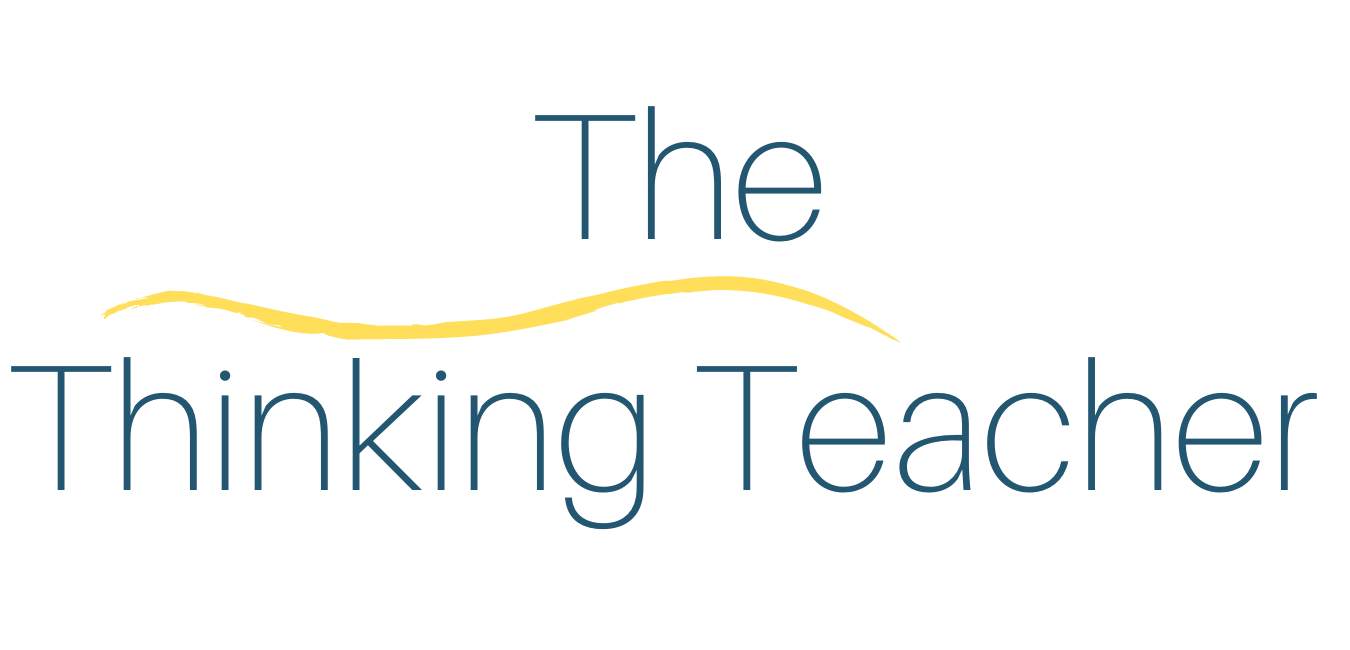What are Pre-Reading Skills?

Reading is a complex process that has evolved over millions of years. Communication began with simple gestures, progressing to the development of speech and then reading and writing (Milne, 2005). It is often thought that children learn to read once they start school, however, this process begins well before they step foot in the classroom.
Pre-reading skills are the necessary skills and knowledge required to begin the formal process of learning to read. This includes understanding concepts of prints, the purpose of reading, developing an enriched vocabulary, and knowing that reading can be pleasurable as well as functional.
Understanding these pre-reading skills can determine not only how quickly children learn to read but also how they come to experience books as an adult. Many of these pre-reading skills begin from birth and are established in the home before any formal schooling.
Print Concepts
One of the first things children learn through interacting with books are print concepts. This involves understanding which way to hold a book, how to turn the pages and that in English we follow words from left to right and top to bottom. Understanding print concepts have shown to be an early indicator of future reading success. One of the earliest ways children develop these print concepts is by reading with adults. Children watch how adults hold a book, turn the pages and engage with the words and pictures. Modeling this process is key for children to understand the function of books and how they are used.
Understanding the Purpose of Reading
Through early immersion in books, children come to understand that the primary purpose of reading is to gain meaning. It is often thought that the first step in reading is decoding the sounds or letters in words, however, well before children read themselves, they should be able to talk about the books that are being read to them. Reading comprehension is the ability to retell what was read and give an opinion by critically evaluating the text.
A great way to build comprehension is to read stories to children and ask them to retell what happened in their own words. Discuss their opinions of the characters and plot and what connections they can make between the story and other books, movies, or real-life experiences. Discussing characters in stories is also a great way to help children build empathy and learn about different perspectives.
Enriched Vocabulary
A well-developed vocabulary is another pre-reading skill that can impact how quickly children learn to read and how well they comprehend what they read. While an enriched vocabulary is generally important to effectively communicate, when reading, it allows children to know the correct pronunciation of words helping them understand the text better. The language children are surrounded by at home before they start school will be a key determinant of their vocabulary and so their overall reading ability.
Several everyday activities can help young children develop and grow their vocabulary. For example, describing what they see around them, singing songs and nursery rhymes, verbally retelling or making up a story, and generally engaging in conversations will all help build their vocabulary. Audiobooks provide another fun way to expose children to language and vocabulary that may be beyond their word-decoding ability. By comparison, children with a limited vocabulary will struggle with understanding what they have read and will gain little meaning and ultimately enjoyment from reading.
An understanding of letter sounds (Phonological awareness)
The English language consists of irregular and regular words. Regular words are those that can be decoded or read by sounding out the letters. Children must have an understanding of which sound each letter or combination of letters makes. This with the ability to hear and produce rhyming words is known as phonological awareness. The process of segmenting words into sounds to read them is not learned automatically and must be explicitly taught. Before children learn to read they understand that letters on the page make sounds. Many children will often learn the alphabet or letter names through songs and will then move on to learning letter sounds. Children who do not receive adequate or explicit instruction will struggle when they begin the formal process of learning to read. By comparison, Irregular words are those that must be memorized as they cannot be sounded out. These are often known as high-frequency words and don’t often follow conventional spelling rules.
Learning to love books
While reading to gain knowledge is often considered the primary function of reading, recognizing the pleasure and joy books can bring early on can determine how quickly children learn to read and their reading habits as adults. Becoming lost in a world of new characters and adventures can be one of the most important pre-reading skills. Just as with print concepts, children will observe and be influenced by how the adults in their lives talk about and experience books, even if this is not explicitly discussed.
Key Takeaways
- Learning to read begins well before children enter the classroom
- Children develop concepts of print by watching how the adults around them interact with books
- Before learning to decode the words on a page, children should understand that we read to gain meaning
- Developing an enriched vocabulary allows children to learn the correct pronunciation of words which further aids their comprehension
- Children need to be explicitly taught the relationship between letters and sounds they make in order to decode words
- Learning to love books early on helps create avid readers who genuinely enjoy reading
REFERENCES
Milne, D. (2005) Teaching the Brain to Read. China: SK Publishing
Wildová, R. and Kropáčková, J. (2015) Early Childhood Pre-reading Literacy Development, Procedia – Social and Behavioral Sciences
